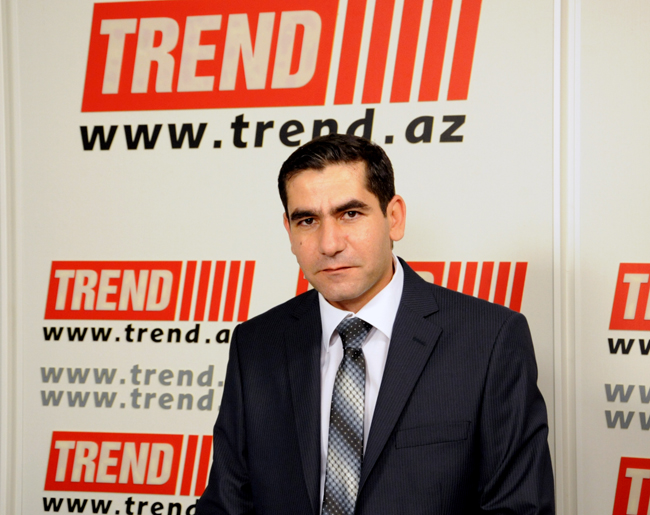OPEC oil basket price slipped below $58/barrel on Dec.15, losing 46 percent of its value since mid-June.
According to the OPEC's official website, the cartel's oil basket was sold at $57.92 on Monday, reaching the lowest since five years ago.
With regarding the oil decline pace during last 6 months, a half of dropping oil price falls on a period from mid-June to mid-Nov, while another half falls on mid-Nov to mid-Dec. On the other word, the drop of oil price in the international markets was more accelerating during last month than the previous months.
The huge and speedy drop of oil price, actually implies that the markets is going to be out of control, but who would win or lose from the current situation.
Of course, in case the producers continue to keep oil production growth in the current pace in mid-term, it seems the global economy would face problems.
It's expected that oil price collapse in current level is worth 1.3 trillion US dollar of stimulus for the global economy, but regarding this fact that the energy counts about 9 percent of global inflation, the collapse of energy price would damage the industrial states' economy which suffers from low GDP growth.
Oxford Economics estimates that with an oil price of $60 a barrel, 13 European countries will see their inflation rates fall below zero, at least temporarily, in 2015, the Financial Times reported on Dec.15.
Air travel agencies reap the highest profit from the oil price decline. Their share values are rising in stock markets. It is predicted that their net profit will increase from $20 billion in 2014 to $25 billion in 2015. And the number of passengers will increase from about 3 billion in 2013 to 3.5 billion in 2015.
The current prices is below the required level in order to balance OPEC members' annual budgets, but more than their produced oil's breakeven price.
According to the Deutsche Bank's report in October for oil price targets per barrel, some of the OPEC members require in order to balance their annual budgets:
Libya: $184, Iran: $ 131, Algeria: $131, Nigeria:$ 123, Venezuela: $118, Saudi Arabia: $104, Iraq: $101, UAE: $81, Kuwait: $78, Qatar: $77.
On the other hand, the share of net oil export revenues Saudi Arabia's GDP is about 43 percent, while for Russia, Iran, Venezuela and Nigeria is 13.5 percent, 13.1 percent, 36.4 percent and 12.5 percent respectively.
However, the small rich Arab countries around Persian Gulf enjoys from high financial reserves to overcome the affect of cheap oil in mid-term.
According to the World Bank the Saudi Arabia's total financial reserves, including gold reserves is about $738 billion, while for Qatar (with 2.19 million population) , UAE (with 9.34 million population) and Kuwait (with 3.37 million population) this figure is $42 billion, $47 billion and $35 billion.
The most venerable countries are Iran, Russia and Venezuela, deeply depends on oil revenues.
However, in mid-term the Western countries likely face a various problems, including the energy-related projects.
It is not clear at what level of prices U.S. shale oil producers will suffer loss and will stop making investment. The approximate price is $60-70 in this regard. In Europe, producers were encouraged to boost renewable energy (solar and wind) that have become economically justified with crude oil price rising above $100 per barrel. If oil prices fall below $50, the policy to increase investment in renewable energies will face more opposition. If so, environmental protection policies will be damaged.
Dalga Khatinoglu is an expert on Iran's energy sector, head of Trend Agency's Iran news service
Follow him on @dalgakhatinoglu
Edited by CN






